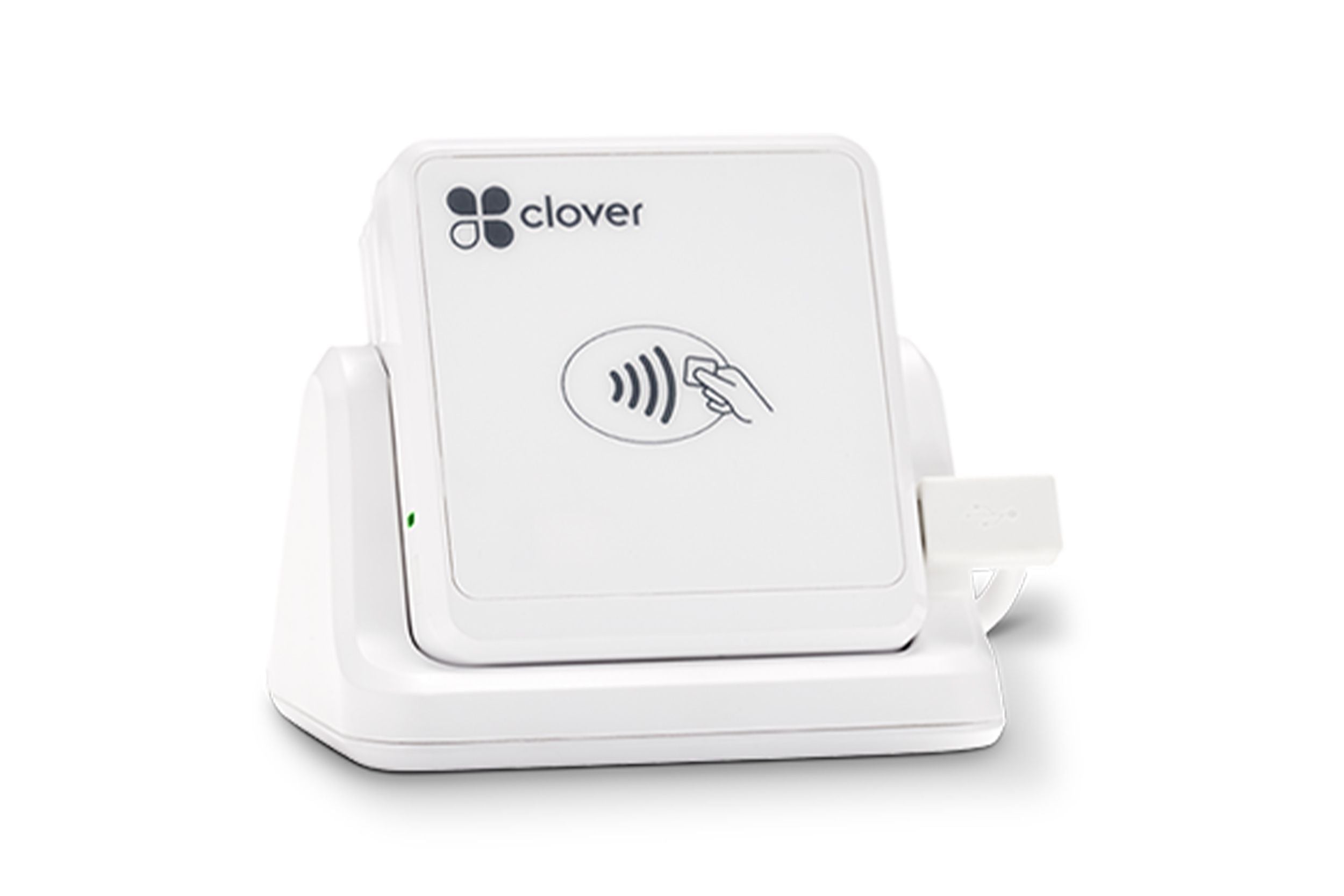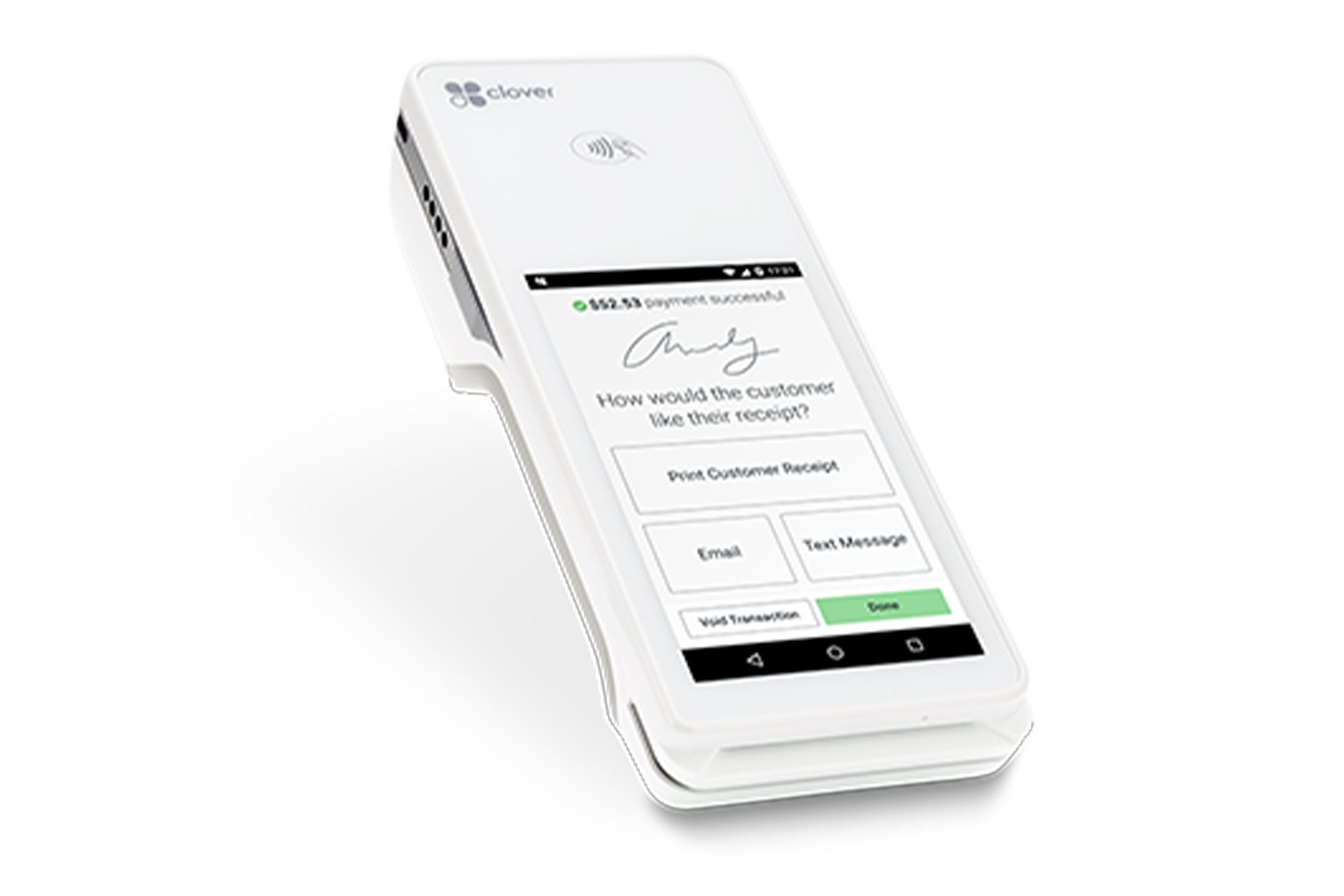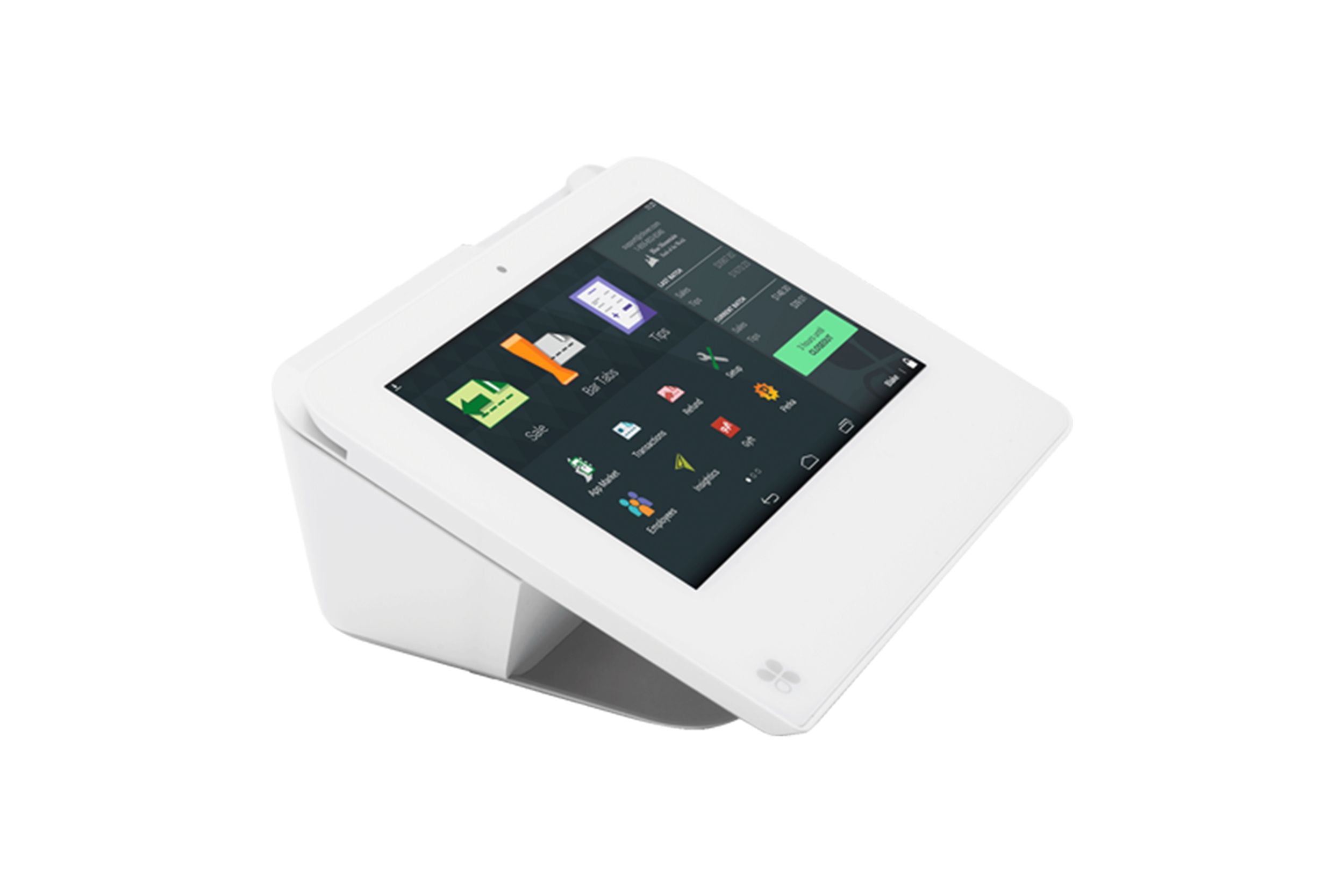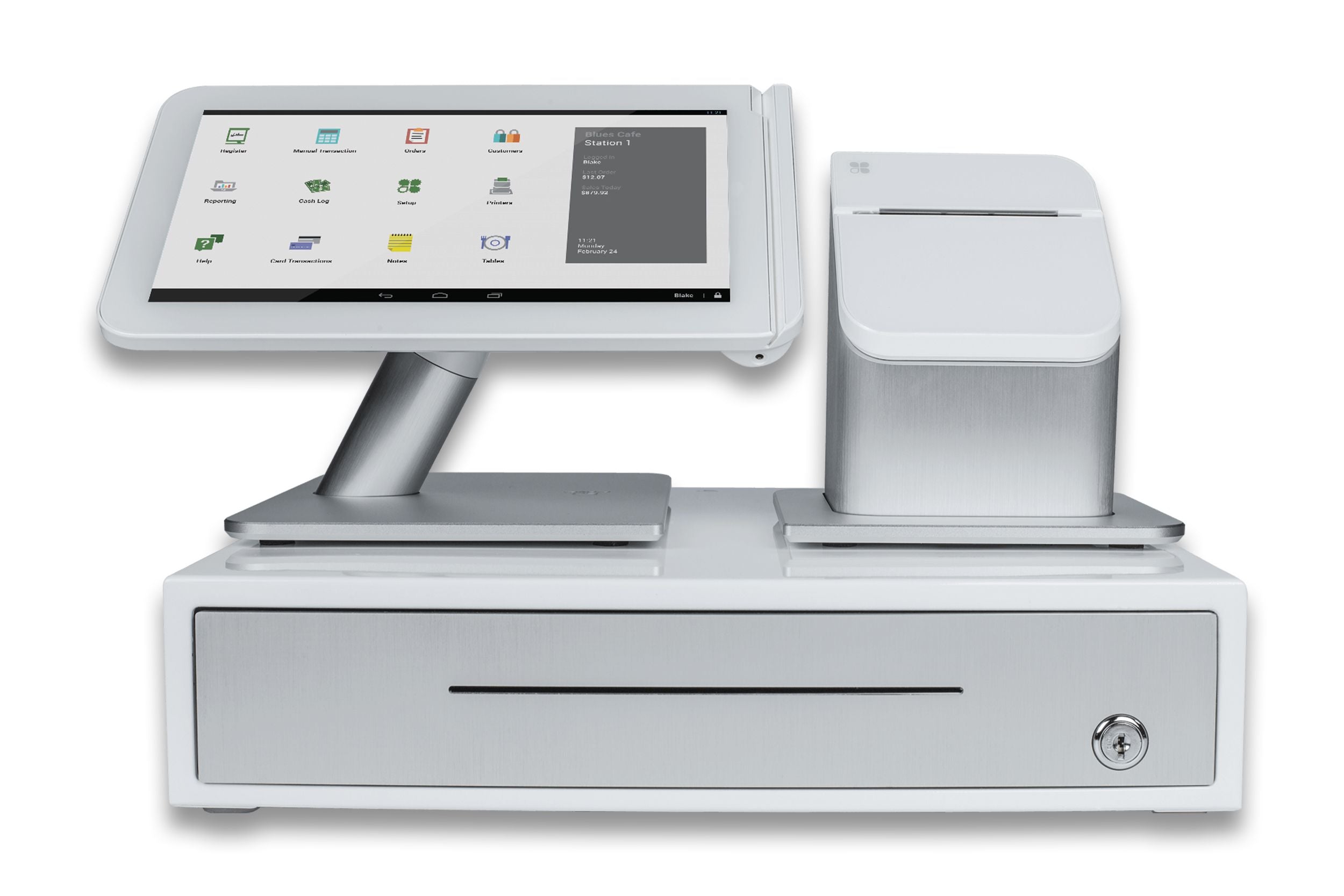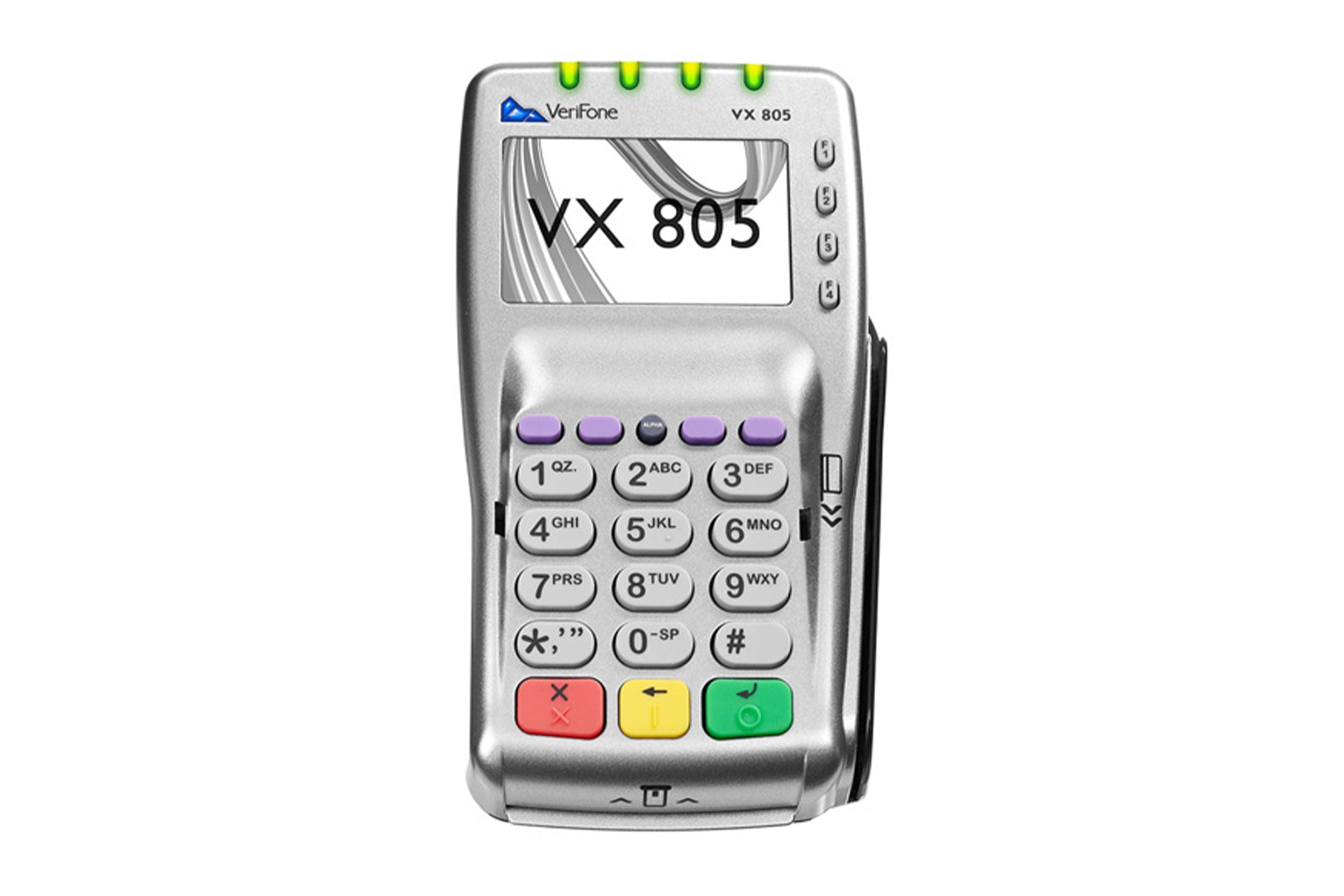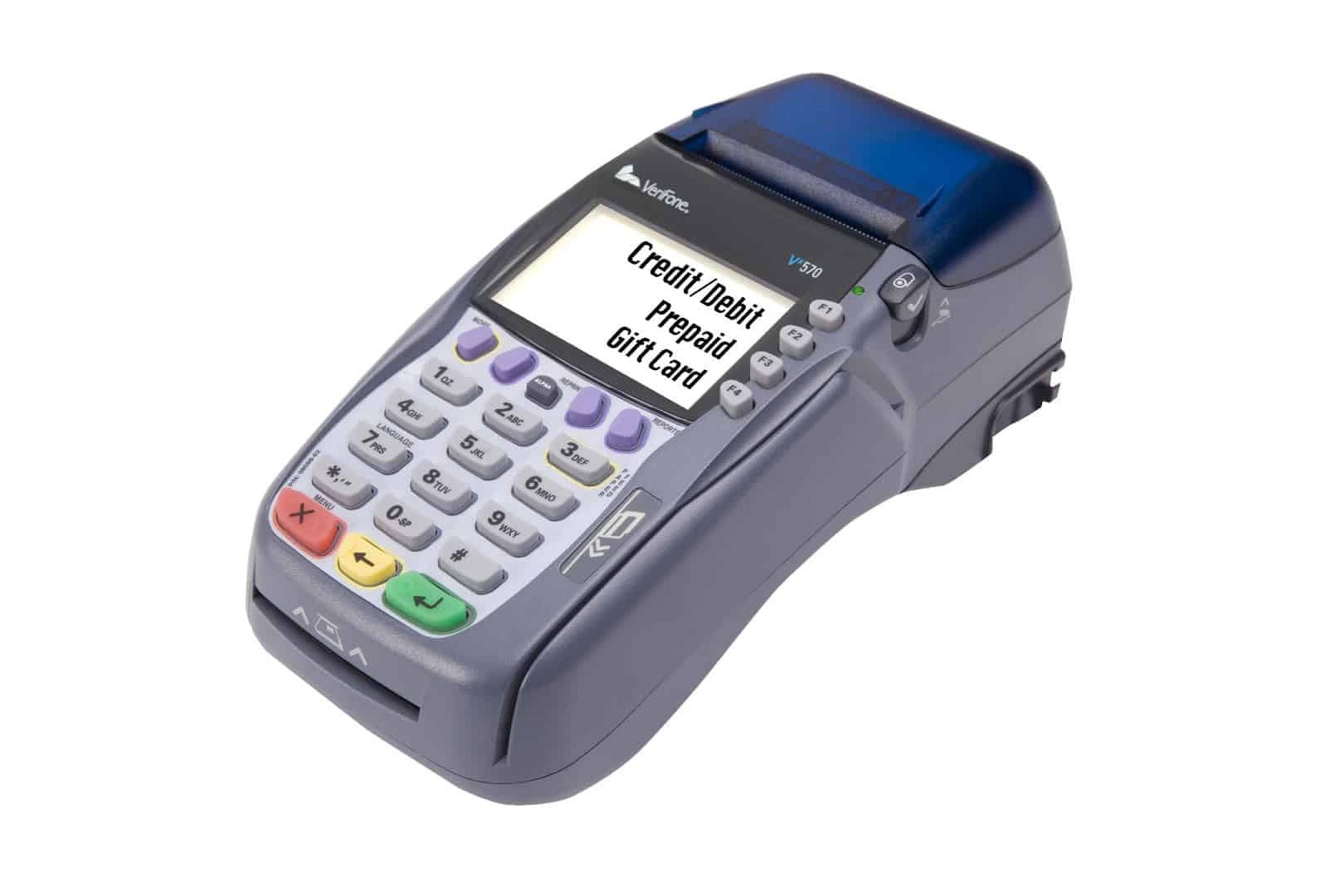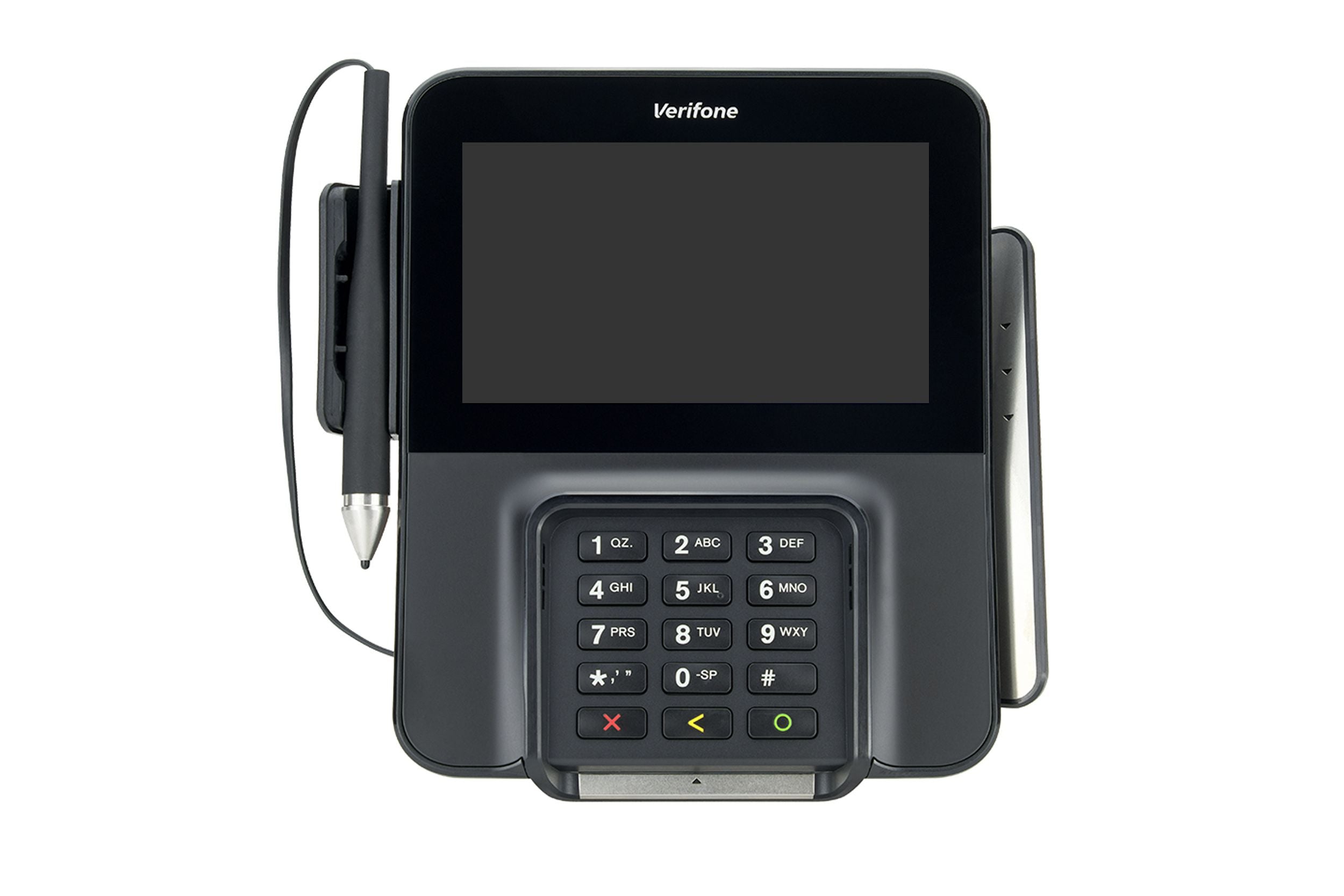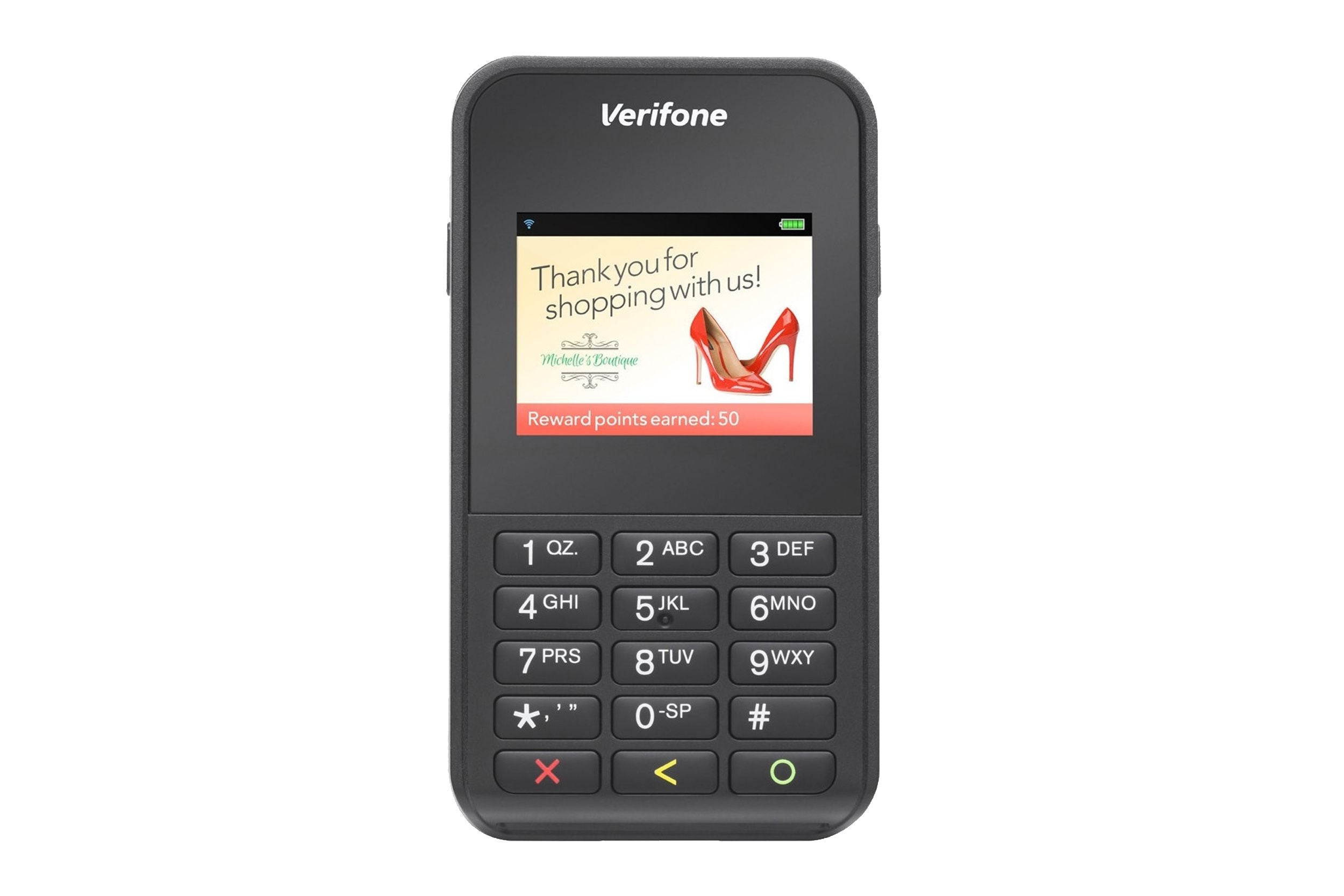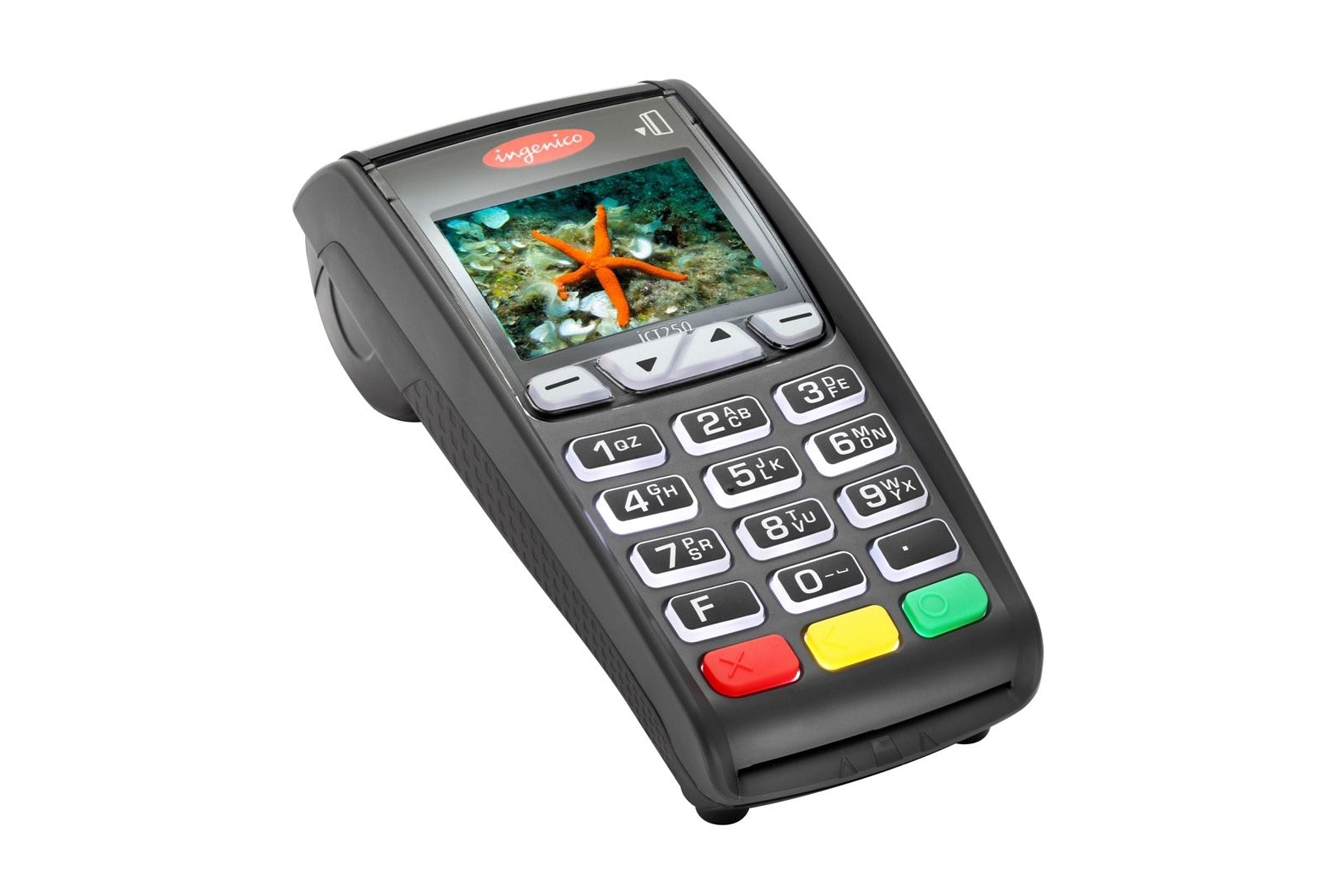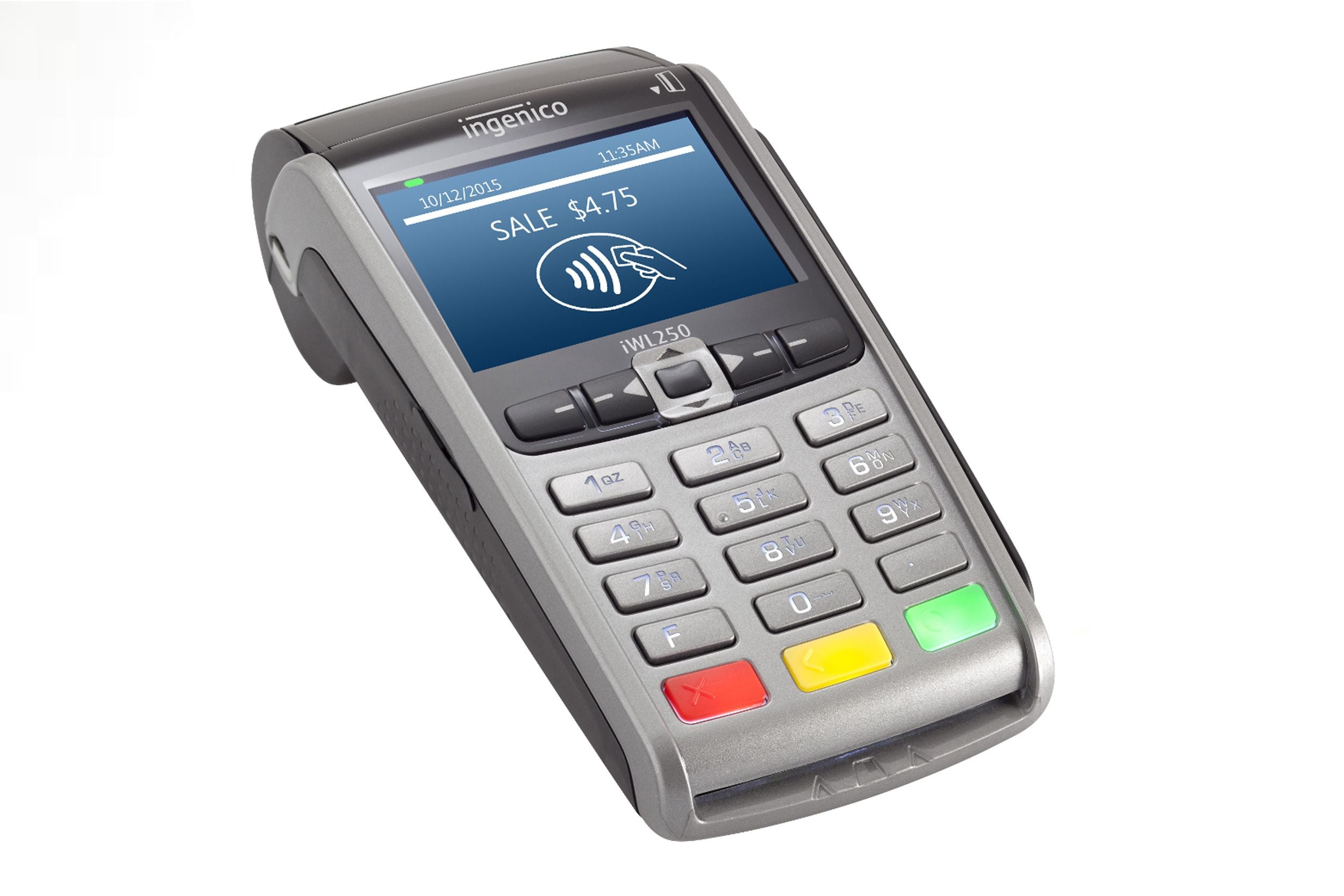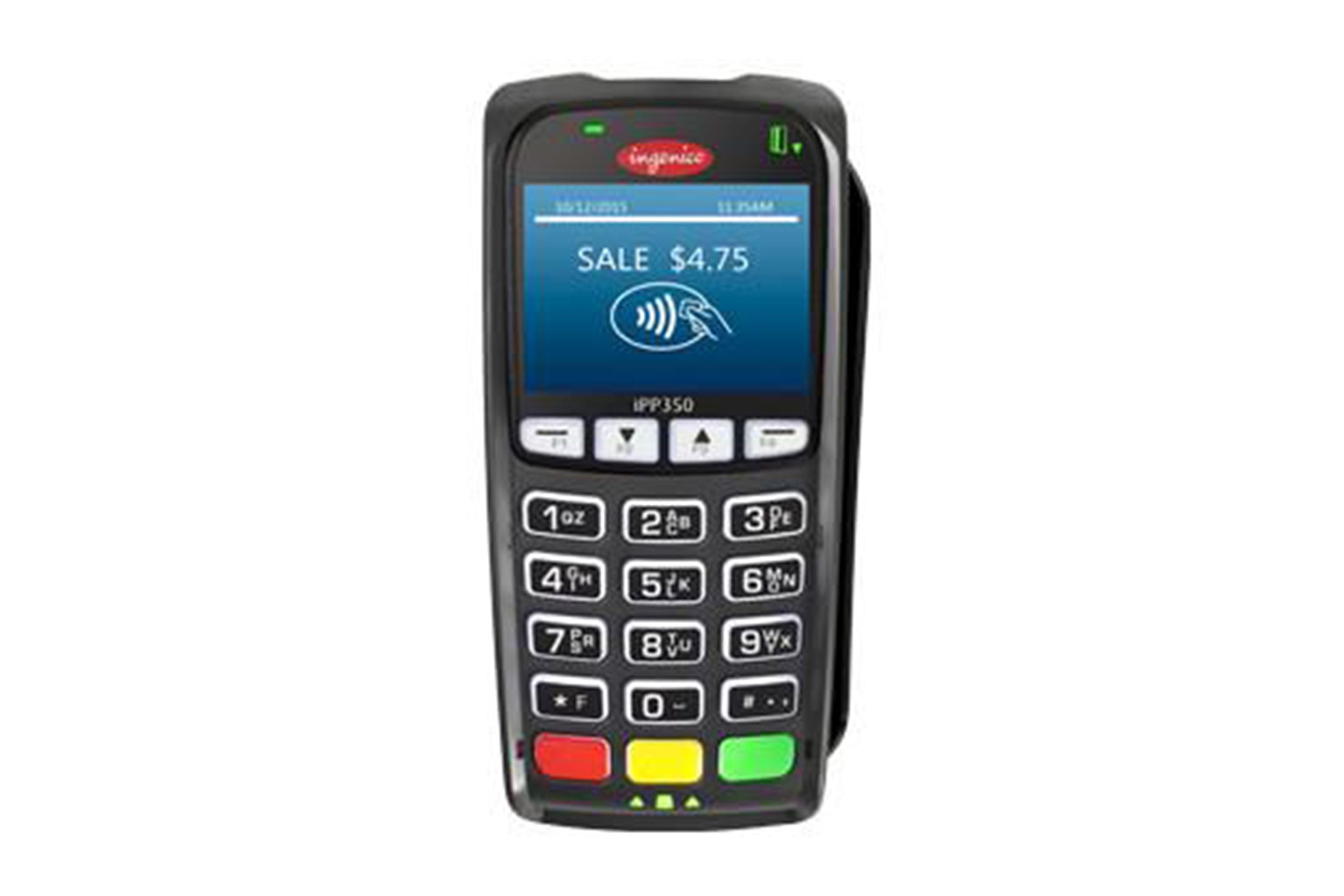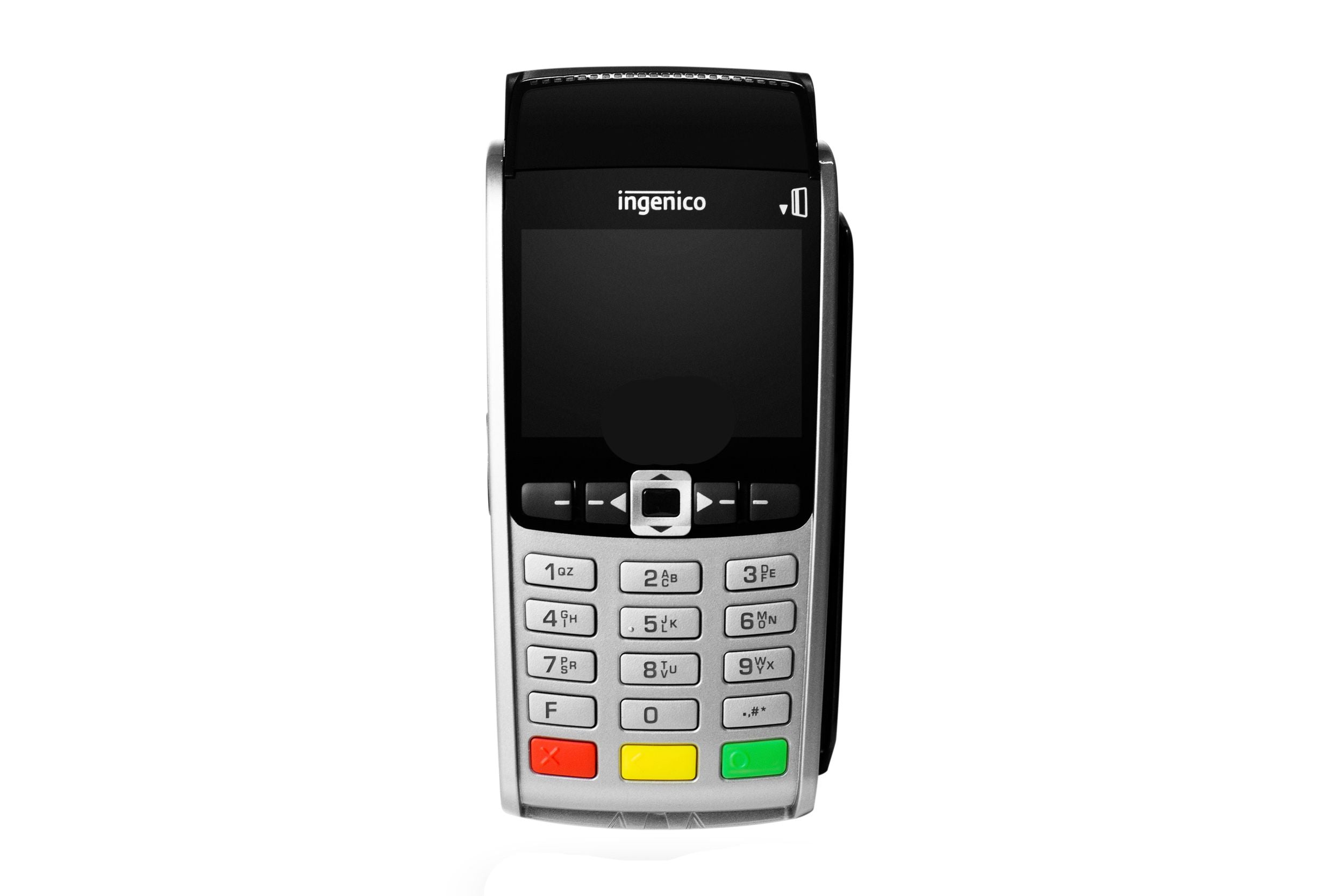
Revolutionize the way you do business with our top-of-the-line Retail POS Systems. Our curated collection brings you cutting-edge Point of Sale solutions tailored to meet the unique needs of your retail establishment.
Streamline your checkout process, manage your inventory with ease, and gain valuable insights into your business operations with our innovative POS systems. Whether you're a boutique shop, a... Read More

FAQs
What is a point of sale system (POS) for retail?
What are the best POS systems for retail businesses?
How much does a retail POS system typically cost?
What are the key features to look for in a retail POS system?
How can a POS system help grow my retail business?
What types of businesses can benefit from using a Retail POS System?
Are there cloud-based Retail POS Systems available?
Can Retail POS Systems be customized to meet specific business needs?
How secure are Retail POS Systems?
Can a Retail POS System work offline?
What Are Retail POS Systems And Why Are They Important?
A Retail POS system, or Point of Sale system, is a combination of hardware and software that allows businesses, including retail stores, to complete transactions. It typically includes a cash register, receipt printer, barcode scanner, and a computer or tablet to run the POS software.
Retail POS systems are vital for businesses as they streamline sales processes, track inventory, manage customer data, and provide valuable insights into business operations.
Implementing a Retail POS system offers numerous benefits to businesses. It improves efficiency by speeding up transactions, reduces human error in pricing and inventory management, and enhances the overall customer experience. These systems also generate detailed reports that help business owners make informed decisions based on sales data and trends.
When selecting a Retail POS system, certain key features are essential. These include inventory management capabilities, integration with accounting software, support for various payment methods, and the ability to generate detailed sales reports for analysis.
Benefits Of Using A POS System In Retail
Implementing a retail POS system offers numerous advantages to business owners. It helps streamline operations, track sales and inventory, generate reports for informed decision-making, improve customer service, and ultimately boost sales and profitability.
Key Features To Look For In A Retail POS System
When selecting the best POS system for retail, business owners should consider essential features such as inventory management, sales reporting, integration capabilities with accounting software, and ease of use for staff members.
How Can A POS System Enhance The Efficiency Of Your Retail Business?
1. Utilizing mobile POS solutions for increased flexibility
Mobile POS solutions enable business owners to conduct transactions anywhere within the store premises, enhance customer interactions, reduce waiting times, and improve overall operational efficiency.
2. Integrating POS hardware for seamless operations
Integrating POS hardware such as receipt printers, cash drawers, and barcode scanners with the POS software ensures smooth transactions, accurate inventory tracking, and better customer service.
3. Effect of an integrated POS system on every sale
An integrated POS system streamlines the sales process, reduces errors, provides real-time insights into sales performance, automates inventory management, and enhances the overall customer experience, leading to increased sales and profitability.
How To Choose The Best POS System For Your Retail Business?
1. Factors to consider when selecting a retail POS system
There are several factors to consider when choosing a retail POS system, including the size of your business, specific business needs, budget constraints, scalability options for growth, and compatibility with existing hardware and software.
2. Comparing different types of POS software available
Retailers can choose from a variety of POS software options, such as cloud-based POS systems, traditional on-premise solutions, or mobile POS apps. Each type has its own advantages and limitations based on the business requirements and operational preferences.
3. The cost implications of implementing a POS system
While investing in a retail POS system is crucial for business efficiency, it's essential to assess the cost implications, including initial setup costs, monthly subscription fees, hardware expenses, and potential training costs for staff members.

